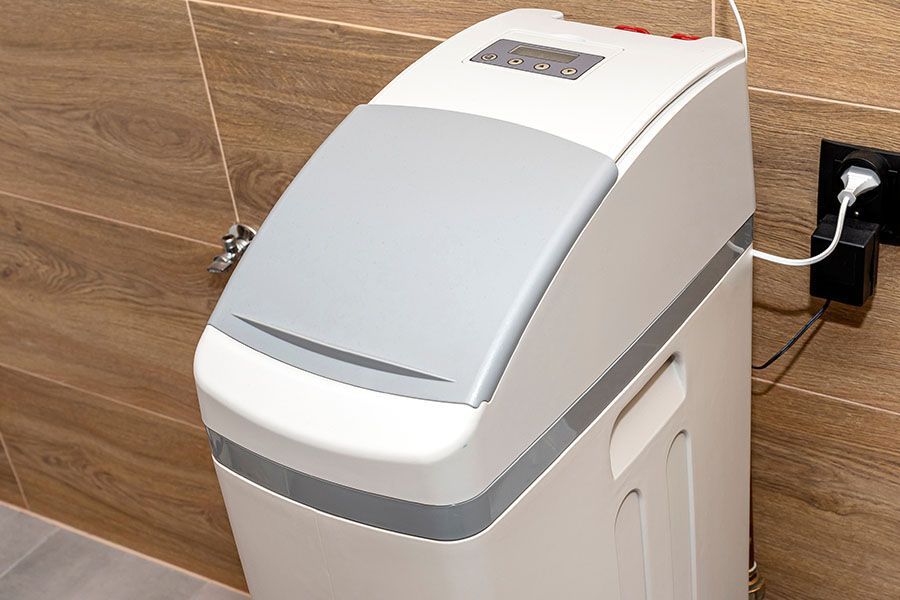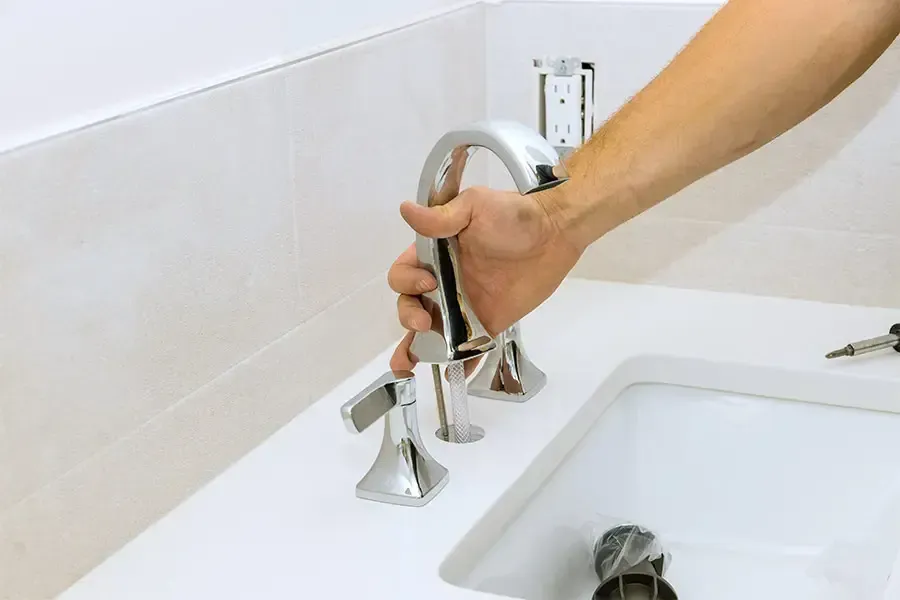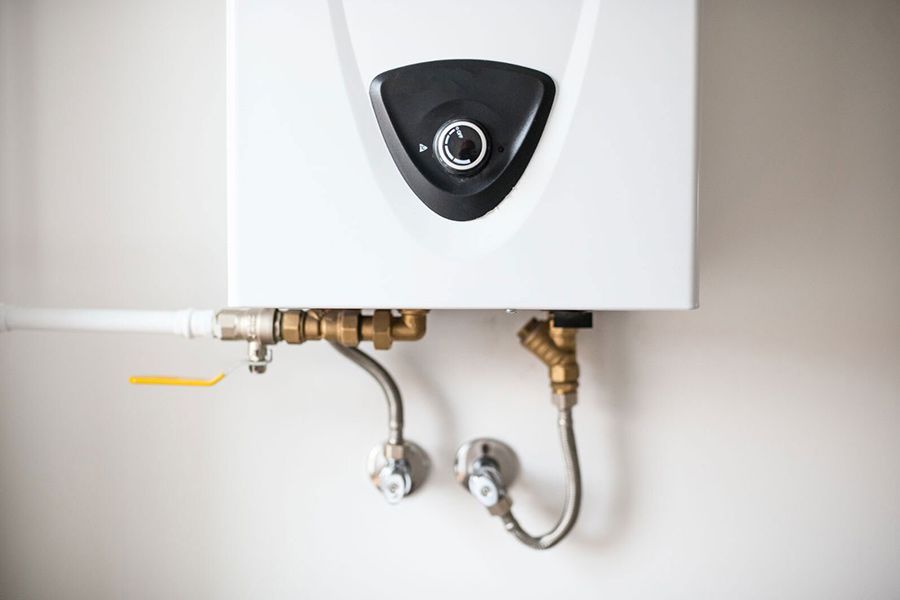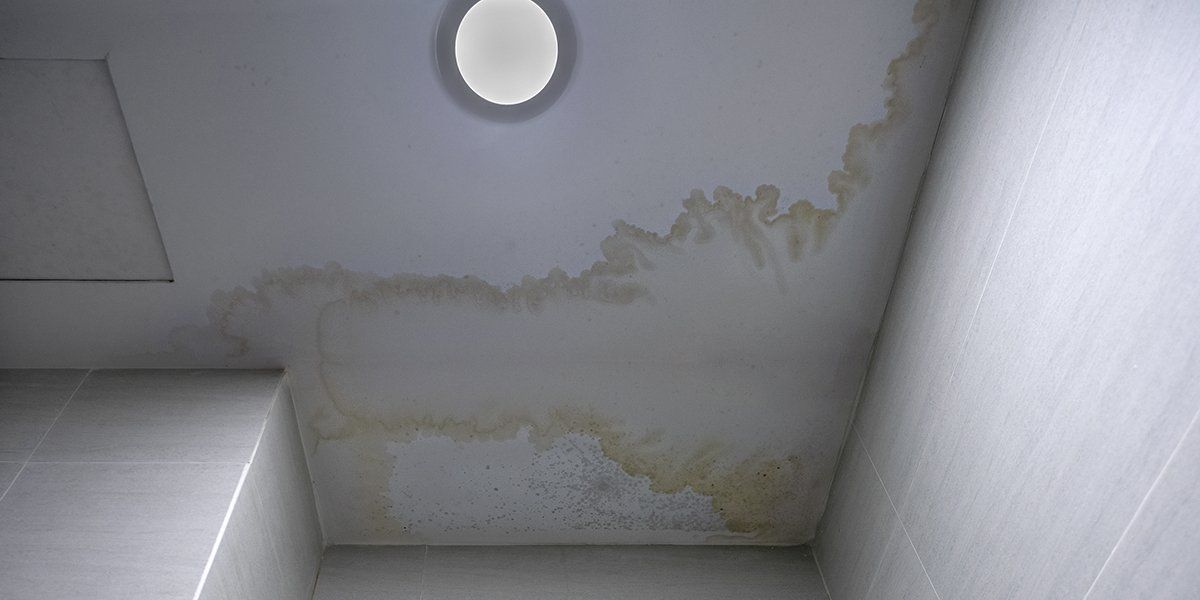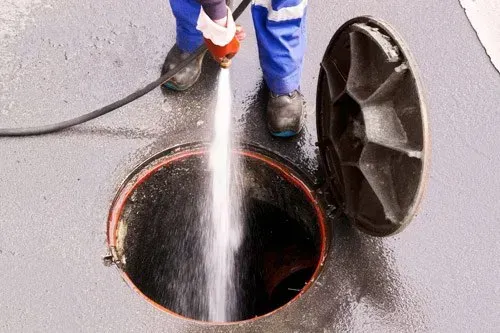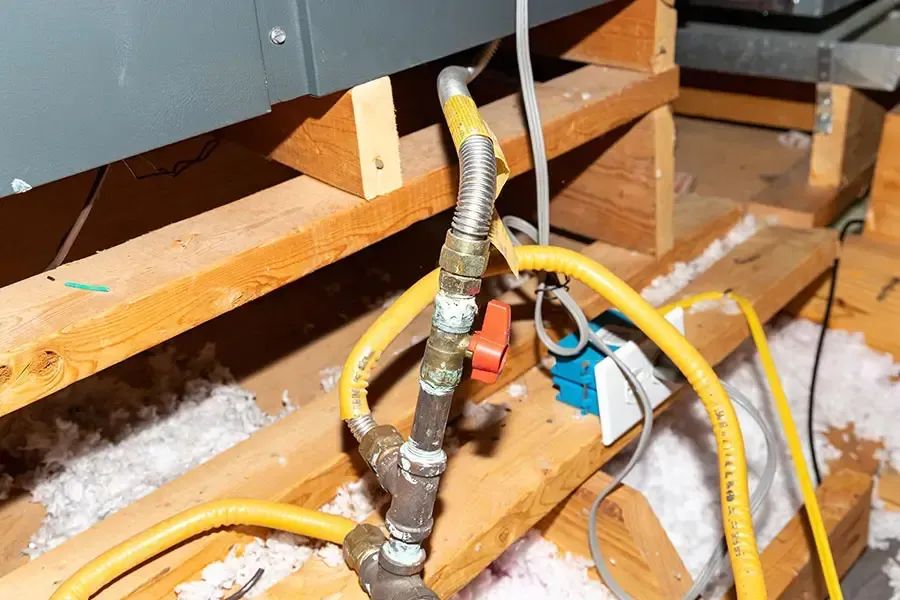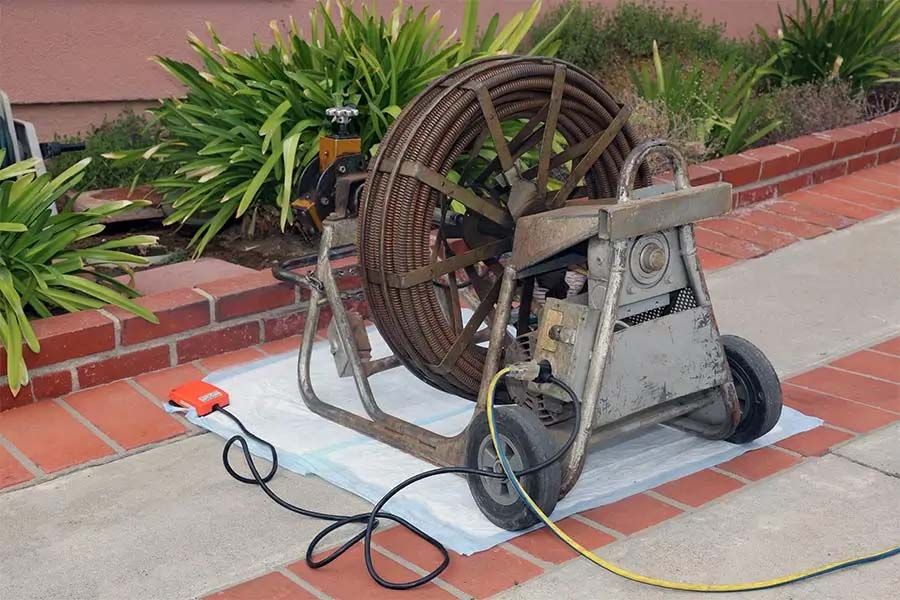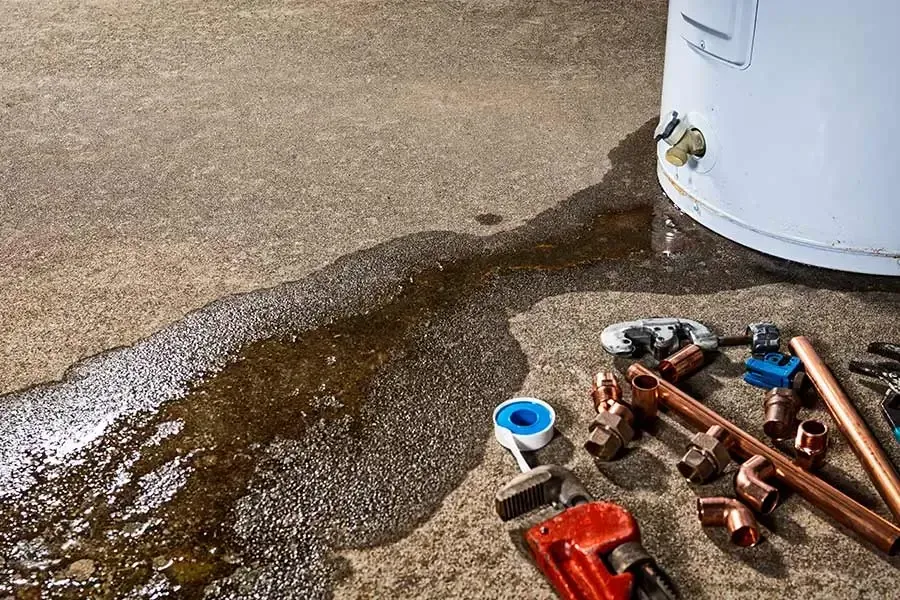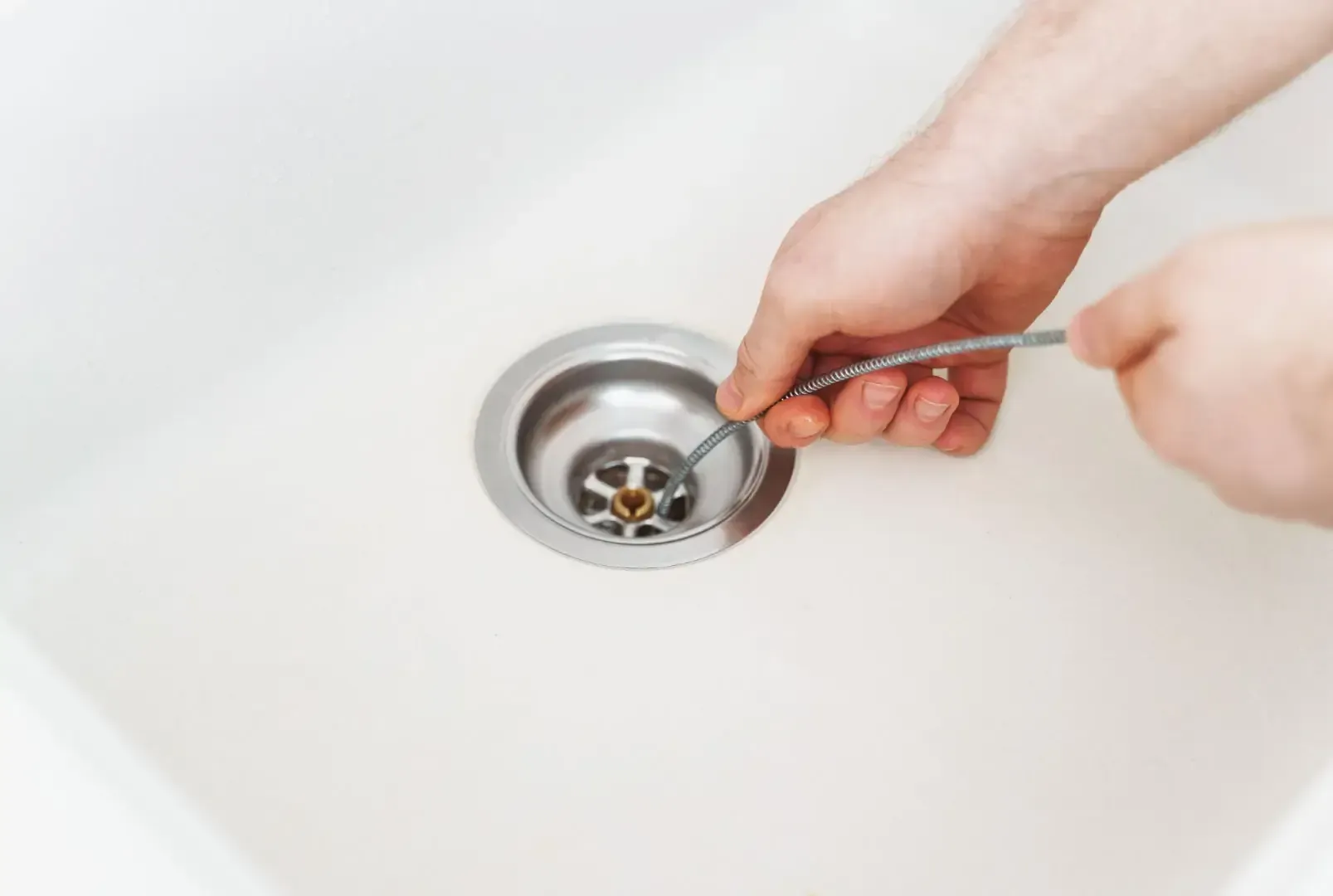Do I Need a Plumber To Install a Garbage Disposal?
Do you need to install a new garbage disposal system? Contact the team at Formica Plumbing & Sewer Co. for fast, hassle-free service.
More people are teaching tutorials online today than ever with the rise of social media. While many of these teachers have good intentions, some push people into making the wrong choices on critical issues.
This is how you end up with people looking for tips on DIY garbage disposal installation and asking, “Do I need a plumber to install a garbage disposal?” As one of the most skilled plumbers in Lyndhurst, we can tell you that you don’t necessarily need a plumber to install a garbage disposal.
If you have the tools and can follow the numerous how-to guides on the topic all over the web, you may succeed in installing or replacing your garbage disposal without calling a plumber. However, going by our experience with DIY enthusiasts, we can tell you it’s a decision you will likely regret.
We’ve had to take calls from homeowners who got stuck halfway, confused about how to complete the installation of their garbage disposal system. Some even ended up damaging their newly bought systems!
So, while the wind of self-reliance blowing over netizens today isn’t necessarily bad, it’s always best to leave certain tasks to professionals. We’ll look at why you should avoid self-installing a garbage disposal system below.
Why You Should Hire a Plumber for Your Garbage Disposal Installation
Below are some reasons to close that DIY garbage disposal installation guide and call a plumber for your garbage installation project.
Plumbers Can Safely Handle Electrical Work
All garbage disposal systems need electricity to work. This statement on its own should be enough to give you pause. If it’s not, think back to your science class on the warnings about the dangers of mixing electricity with water.
It only takes one drop of water on a live circuit to send you to the emergency room. Professional plumbers know how to safely handle the electrical side of things when installing a garbage disposal system.
They will take time to wire and ground the disposal properly. They will also ensure the disposal is on a dedicated circuit to reduce the risk of overloads. Upon completion of the installation, you can safely use your garbage disposal without worrying about electrical malfunction or dealing with regular breaker trips.
Plumbers Know How To Avoid Leaks
Garbage disposals connect to your plumbing system. If you don’t install yours correctly, water leaks will follow, creating an unsightly mess. Over time, the leak can cause mold growth and damage to your kitchen’s flooring.
A qualified plumber understands the plumbing considerations for garbage disposal setup. They also know the right piping material to use during installation and how to connect them to keep the setup from leaking.
So, if you’re asking, “Do I need a plumber to install a garbage disposal?” the right answer is yes if you don’t want to hire a plumber to repeat the job.
Plumbers Will Help Maintain Your Warranty’s Validity
Many garbage disposal systems come with a manufacturer’s warranty. However, the warranty will only be valid if a professional plumber installs the system. If you install it yourself and experience issues with the system, you might end up paying for any repairs or replacements out of pocket.
Hiring a professional plumber to handle things from the beginning is the best way to ensure proper installation for your unit and avoid difficulties should you ever need to cash in on a warranty claim.
Plumbers Understand the Different Garbage Disposal Motor Sizes
Garbage disposal systems come in different sizes and power options for various kitchens. If you choose one with a motor size too small to meet the demands of your kitchen, you’ll likely end up with a clogged sink shortly after the installation.
Conversely, an oversized unit will use more energy and wear out faster. An experienced plumber knows the right system to install based on your needs.
Plumbers Know the Right Feed Type To Install
Another risk of installing a garbage disposal without a plumber is that you could choose a system with the wrong feed type for your home. Garbage disposals are either batch feed or continuous feed systems.
If you choose a continuous feed system, you will need to control the motor manually. It will run for as long as you leave the switch turned on. Batch feed disposals only run when you’re actively using them. While both do their job of chopping up food debris efficiently, one type may be better for your home than the other.
For example, the added safety of a batch feed disposal system will work well for homes where small children can wander into the kitchen with the disposal running. A qualified plumber will provide the guidance you need.
Can You Hire an Electrician To Install a Garbage Disposal System?
You’ve probably closed the do-it-yourself garbage disposal setup instructions you’re reading and are now wondering whether you should hire the electrician down the road for the job. Well, you can. However, everything we’ve discussed above still applies. The electrician may still bungle the plumbing aspect of the installation process.
If the electrician has no experience installing a garbage disposal, they might help you set up the electrical connection and still recommend calling a plumber. You’ll end up paying two professionals for the job instead of just one!
Contact Formica Plumbing & Sewer Co. for Your Garbage Installation Service in Wickliffe, Ohio
Are you thinking about installing a new garbage disposal for your home? Quit asking, “Do I need a plumber to install a garbage disposal?” and hire a professional. Our experienced plumbers have extensive experience in the installation of garbage disposal systems.
We prioritize your safety and promise to install the most efficient unit for your home.
Call Formica Plumbing & Sewer Co. today at 440-557-4605 to schedule a consultation.
Are you up for some more learning? Here’s what you need to know about preventing your sump pump from running continuously.
Author Bio:
Matt Formica
He worked side by side with his cousin, Frank D. and sister Linda, in the office. The company has grown and now has six vans helping the surrounding communities with plumbing and sewer issues.
